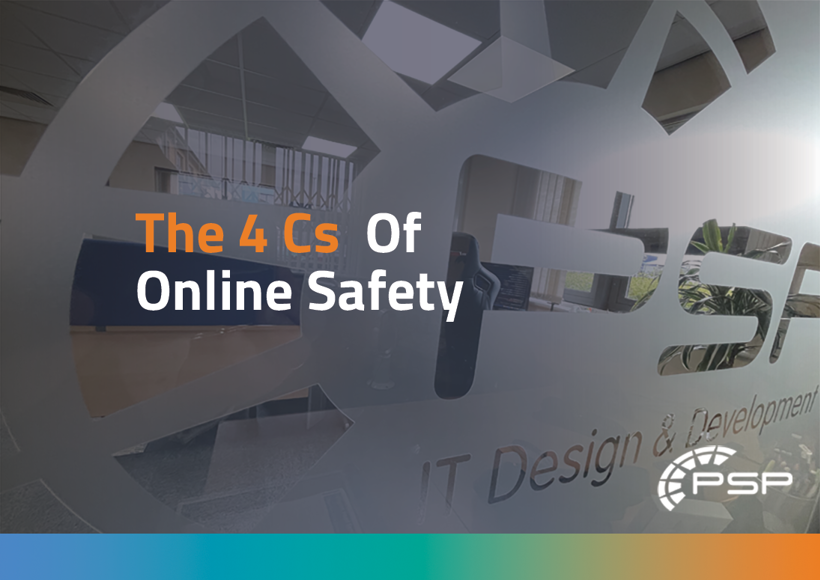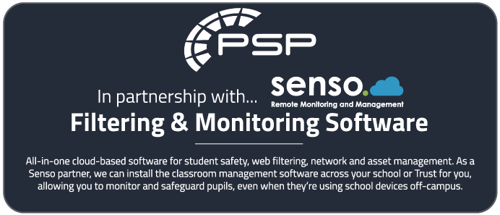
The phrase 4 Cs of Online Safety was introduced by the statutory guidance for schools in England, Keeping Children Safe in Education (KCSIE) in 2021.
The easy-to-follow framework categorises the risk of online safety into four groups: Content, Contact, Conduct and Commerce.
It helps governors, teachers and safeguarding professionals to understand the potential risks to pupils when they’re online.
Content
This is all about what your pupils see and read online and to prevent them from being exposed to illegal, inappropriate or harmful content.
This includes pornography, fake news, racism, misogyny, suicide, antisemitism, radicalisation, or extremism.
Contact
This is about the risks children and young people face when interacting with others online. This includes things like peer-to-peer pressure, commercial advertising and adults posing as children or young adults with the horrid intention to groom or exploit them for sexual, criminal, financial or other illegal or immoral purposes.
Conduct
Conduct refers to any online behaviour that increases the likelihood of (or causes) harm. This can include activity such as online bullying, or making, sending or receiving explicit images such as consensual or nonconsensual explicit images.
Commerce
Commerce means the risk associated with things like online gambling, inappropriate advertising, phishing or financial scams. If you feel your pupils, students or staff are at risk, please report it to the Anti-Phishing Working Group.
Keeping Children Safe Online

This framework should form part of your wider strategy for keeping your pupils, teachers and staff safe when using school devices.
The updated KCSIE 2023 stressed the importance for schools to meet the Department for Education’s filtering and monitoring standards. This included having effective filtering and monitoring systems in place for both on-campus and off-campus device usage, as well as appointing a Designated Safeguarding Lead (DSL) to be responsible for all safeguard policies and procedures in your school.
Find out more about how Senso Cloud software helps you achieve filtering and monitoring compliance.
Find out more about our education service which provides assurance via a technology, regulation and policy audit.
